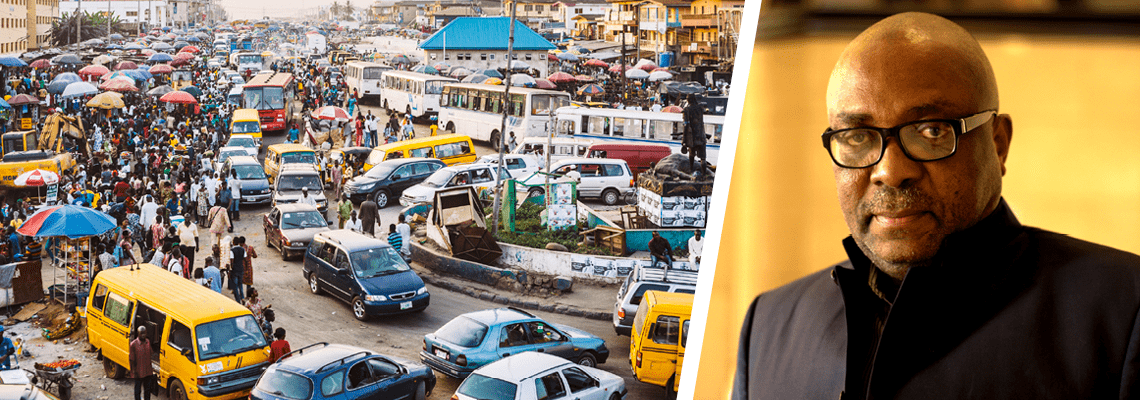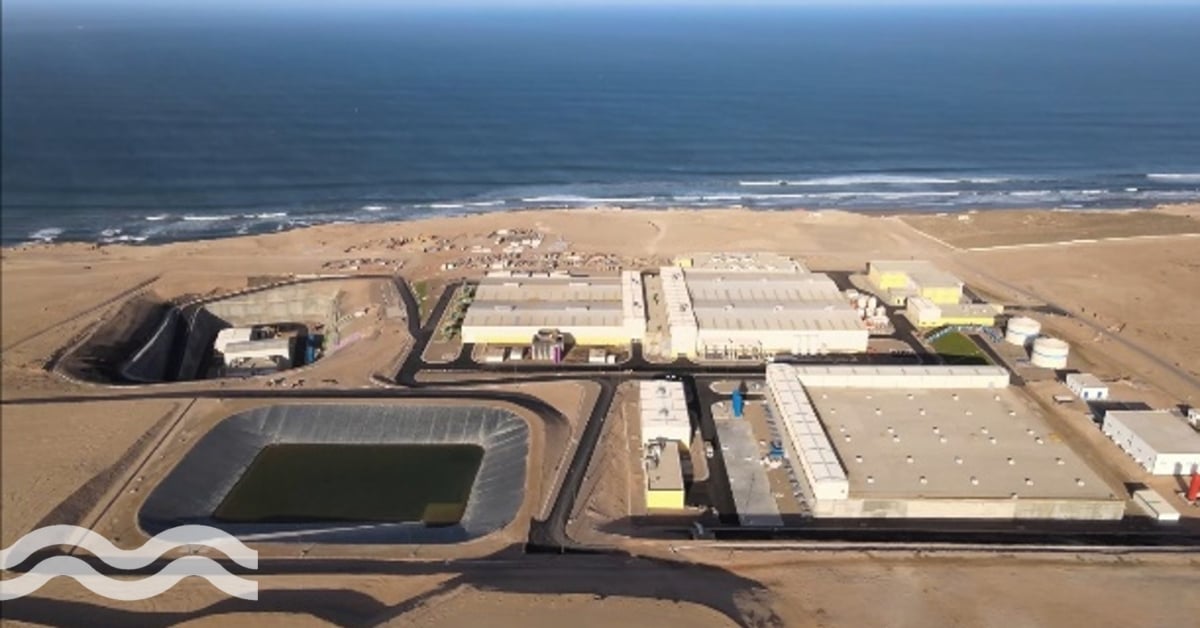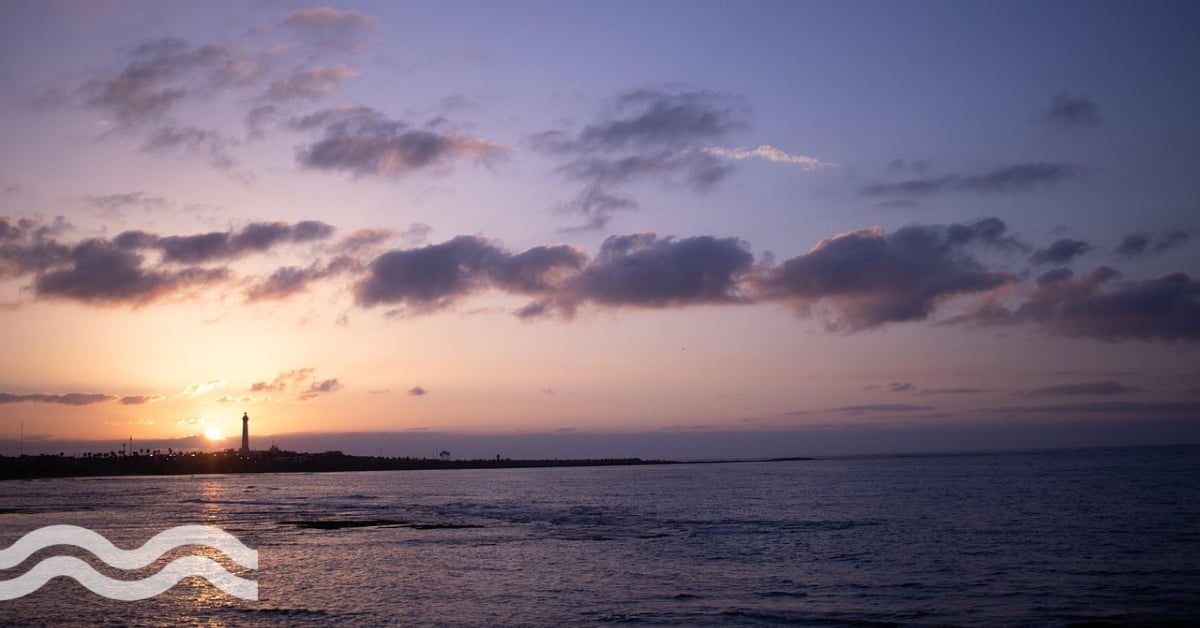Muminu Badmus: Taking water experience back home to Lagos
Muminu Badmus speaks about why, after 40 years in the US, he took up the role as the managing director of the Lagos Water Corporation in Nigeria. Tom Freyberg reports
Taking on a challenge of a lifetime
When Muminu speaks, you listen. His deep dulcet tones draw attention in a busy room, commanding attention. And he’s a water utility boss with one hell of a story to tell.
Now in his early 60s, he spent almost 40 years in the US. After studying at Howard University and then the University of the District of Columbia, he started out as an engineer working for the Prince William Government Public Works.
After nearly 19 years as the program manager and senior mechanical engineer at the District of Columbia Water and Sewer Authority (DC Water), Badmus progressed to the role of construction manager.
There he worked under former DC Water boss, George Hawkins, a man whom Badmus admires and respects.
“I learned so much during my career in North America,” he reminisces. "I believe I needed to share that. I was originally from Lagos, Nigeria, and so after I saw the opportunity open up, I wanted to go back and share some of my experiences.”
"Returning to his Nigerian home armed with nearly four decades of water experience could be called his raison d'être: his reason to live."
Possessing dual citizenship, Badmus sees both the United States and Nigeria as his “two homes”. Returning to the latter armed with nearly four decades of water experience could be called his raison d'être: his reason to live.
"All my life I've been in stormwater, sanitation and drinking water, so the best thing for me to do was to share all of this experience,” he reflects.
To say he had a challenge on his hands would be an understatement. With a population of 23 million in Lagos, the utility supplies water services to between six and seven million people.
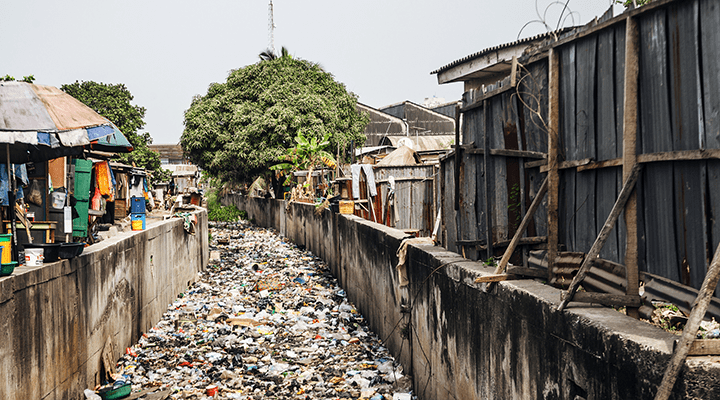
Furthermore, it’s estimated that by 2030 Lagos will have a population of 40 million people.
“It’s estimated that 1000 people come to Lagos every minute,” he says. “About 80 per cent of them decide to stay – it’s a small city that is very, very crowded. This is really pushing our water supply gap.”
And a booming population is not the only challenge facing the city.
A report by CNN outlined that the causes of the current state of water supply in Lagos as similar to the “allegations of large scale corruption by previous managers of the Lagos State Water Corporation”.
It listed “bad policies”, “inadequate budgetary allocations” and “regulatory failures” as some of the historic problems.
Preparing for intermittent power in Lagos
Another key challenge Badmus faces is having reliable power for the Lagos water infrastructure operations.
“Lagos Water Corporation treats and distributes water to the people,” he explains. “If you don’t have power, you can’t do this. Inconsistent power has been a challenge for us.”
Power from the government-run electrical grid is reportedly cheap but unreliable and often with power outages.
The water utility has proactively sorted its own independent power source to run its largest water treatment plant, but the smaller plants rely on the grid, or generators, to run.
"Badmus met with the power company to persuade them to see “the provision of water just like an ambulance – a critical service."
However, under Badmus’s watch, progress is being made. He has met several times with the power company to persuade them to see “the provision of water just like an ambulance – a critical service”.
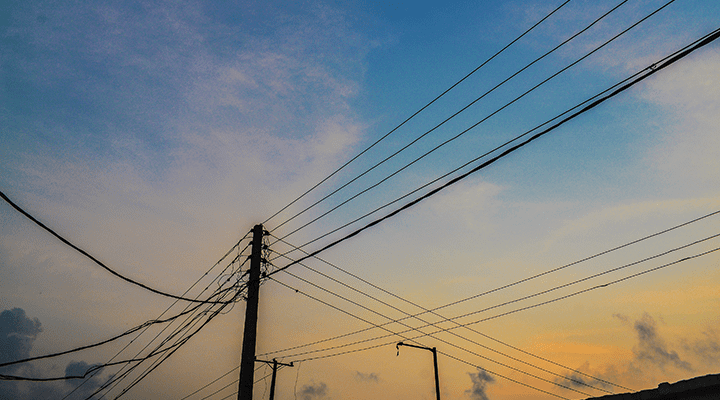
“We are willing to pay more for this,” he admits. “That is part of the discussion that is going on right now. We meet with them to say ‘water is life and we really need more power’. If you can supply more power to the grid, then we’ll pay extra for that.”
Facing challenges with an ICT bill payment system
The CEO recalls the way he overhauled the bill collection system. “I was hired to bring in some key changes,” Badmus points out.
“We brought all of the stakeholders together, including banks and invited customers too. We also asked some experts along to discuss the importance and the advantage of having our own internal webpage billing system. And that is how we got started.”
Badmus says that after rolling out the new process, the water corporation saw “big revenue improvements – double to what we were getting before”.
However, the inconsistent power supply continues to be a problem.
“The power supply fluctuations affect the billing system, as people don’t have access to power from the IPP (independent power plant) so they cannot afford to visit and pay through a website channel. Sometimes even our server, which is the main one housed in my building, is also down.”
The CEO believes that until the state connects all buildings to the IPP, this will be an ongoing challenge.
After all, you can build the best web portal in the world, but unless your customers can access it, it will merely operate in the background – the backend infrastructure is only as good as the access to the front end.
“Really the success of that IT infrastructure is based upon something that’s beyond your control,” he adds. “If people don’t have access to power, they can’t access the web portal to pay.”
Water project progress in Lagos
Badmus frequently refers to the Lagos Water Master Plan 2010-2020, a document released in 2016 that points out the state government needs $2.5 billion to revamp water infrastructure. “We identified a gap and looked at how we can bridge it,” he adds.
One of the projects currently under expansion is the Adiyan phase 2, with phase 3 being planned. Phase 1 was constructed and commissioned in 1992 as part of the Lagos Water Supply Expansion Project.
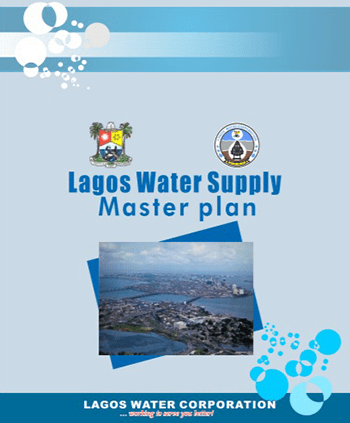
At an investment of 53 billion Nigerian Naira (US$137m), the Adiyan expansion is expected to bring an additional 70 million gallons (318 million litres) of water supply into the corporation’s capacity.
With the expansion now 82 per cent complete, the CEO explains: “Our goal within this four-year administration is to commence project expansions under PPP (public-private partnership). It’s a big investment and the state cannot do that alone. It’s willing to partner with investors to actually build these facilities and the government is determined to make it happen this time.”
“With that determination in mind, I want the majority of my people to be connected to potable water,” emphasises the CEO.
Government support for water
Badmus says the current Nigerian administration has announced that access to water is a priority.
“On the very first day that Babajide Sanwo-Olu became our new governor, he visited all our water facilities and he also recognised that this is not a state that should lock in water. He's determined that he wants every household to be connected.”
The governor also recognised that “borehole drilling is not a solution to the water problem in Lagos”.
"Most of the boreholes are shallow boreholes, and you can't do much with the water collected from the boreholes. People will still need to boil it and maybe treat it, but not too many people are treating that borehole because of the contamination.”
Reflecting on progress and challenges so far
When Badmus took up the role as CEO of the Lagos Water Corporation, he built a career in the US where innovations could be applied with access to reliable power and revenue from customer payments. At the present moment in time, the situation in Lagos isn’t like that.
Considering the considerable challenges facing him, has his vision, steely determination and motivation faltered?
“The current challenges have slowed me down a bit,” he admits. “Simply because you cannot compare Nigeria with the United States.
“Money-wise, when there is no funding, you can't do much. You can dream, but you need to pack your dream up. So, what slowed me down is lack of funding for some of the ideas we have.”
The CEO says there is an abundance of ideas, innovations and technologies on the market always discussed at events, but their implementation is the real challenge.
"There are ideas everywhere,” he says. “Every conference that we attend and seek new ideas, we meet great people who can update us on the market, but to be able to implement those things, you need better funding.”
An inspiring character who seems to defy ageing, Badmus is clearly the man for the job in Lagos. I hope that the current challenges don’t make him “pack up his dream”.
The city needs a water leader, and Badmus’s experience is required today more than ever.
Related content
Share your water technology stories with us
Do you have an innovation, research results or an other interesting topic you would like to share with the international water technology industry? The Aquatech website and social media channels are a great platform to showcase your stories!
Please contact our Sr Brand Marketing Manager Annelie Koomen.
Are you an Aquatech exhibitor?
Make sure you add your latest press releases to your Company Profile in the Exhibitor Portal for free exposure.
We promise never to send you spam and you can unsubscribe at any time!
